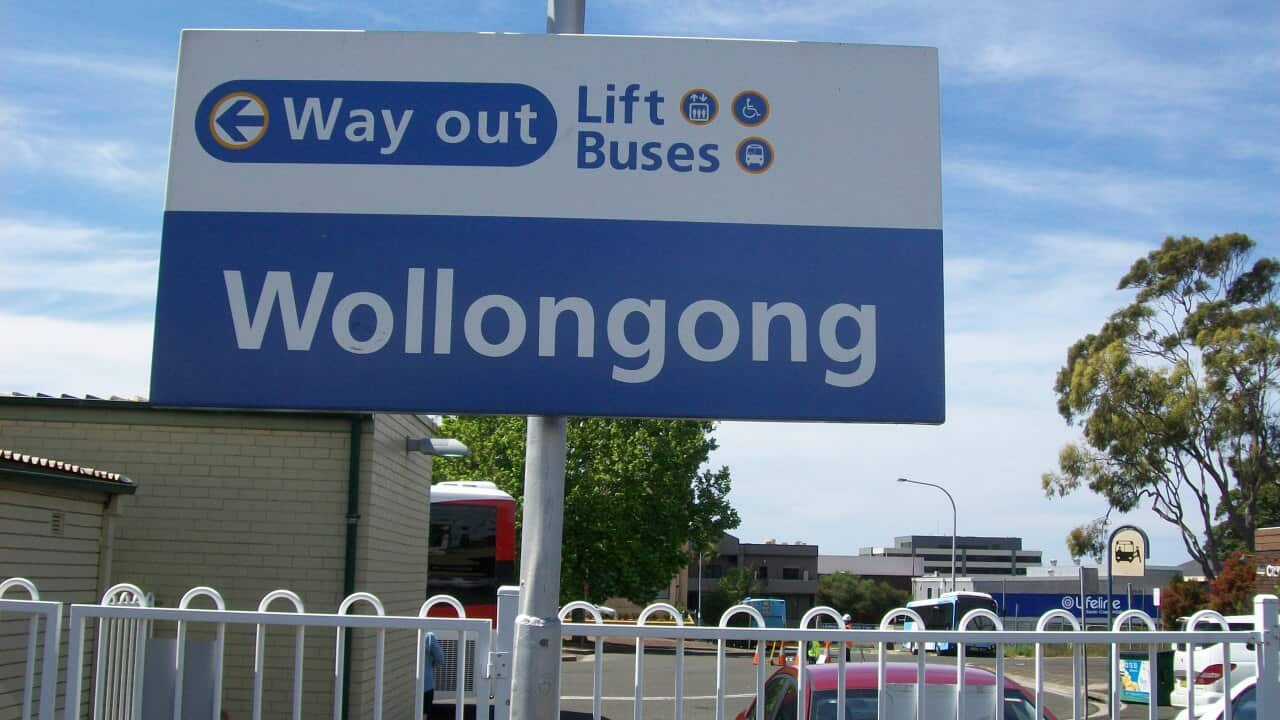Marrawah, TAS
Peerapper language name for 'eucalypt tree'.
Legana, TAS
As the town sits at the point where the Tamar River becomes fresh water, Legana means 'fresh water' in the local Tyerrernotepanner (Palawa) language.
Parattah, TAS
Meaning 'ice and cold' in the Tarripnyenna language from The Big River tribe.
Whyalla, SA
Comes from a Barngarla word meaning, 'place with deep water'.
Oodnadatta, SA
Derives from the Arrernte word utnadata, a word for 'mulga blossom'.
Piccadilly, SA
Sometimes a place name that looks very English is a camouflaged, hidden Aboriginal name. The original name was in the Kaurna language, pikurdla, which literally meant ‘two eyebrows’, from piku ‘eyebrow’ and the dual suffix -rdla.
Uraidla, SA
The very same Kaurna language suffix appears in this other Adelaide Hills place name, meaning ‘two ears’; from yuri ‘ear’ and the dual suffix -rdla.
Mandurah, WA
A Noongar word originally as mandjar meaning, 'meeting place'.
Balingup, WA
The name was first recorded by a surveyor in 1850, and is said to be derived from the name of a local Aboriginal warrior, Balingan.
Tammin, WA
Takes it name from the nearby Tammin Rock, which is thought to come from a Noongar word Tammar, a name for the 'Black Gloved Wallaby'.
Kalgoorlie, WA
Steams from the Wangai word Karlkurla or Kulgooluh, meaning 'place of the silky pears' referring to local edible fruit.
Kununurra, WA
A (failed) English translation of the Miriwoong word Goonoonoorrang which means ‘river’, as the town is situated near the Kununurra River.
Yallingup, WA
Meaning, 'a large hole in the ground', the town takes its name from a nearby cave (Yallingup Caves) or originally, "Ngilgi's Cave". Ngilgi's Cave comes from an Aboriginal legend where a vicious fight occurred between a bad spirit who lived in the cave and a good spirit (Ngilgi) who lived in the "Wardan" (the ocean). Yal means large hole in Wardandi (People of the ocean) language.
Yalyalup, WA
A Wardandi variation of 'place of many holes'.
